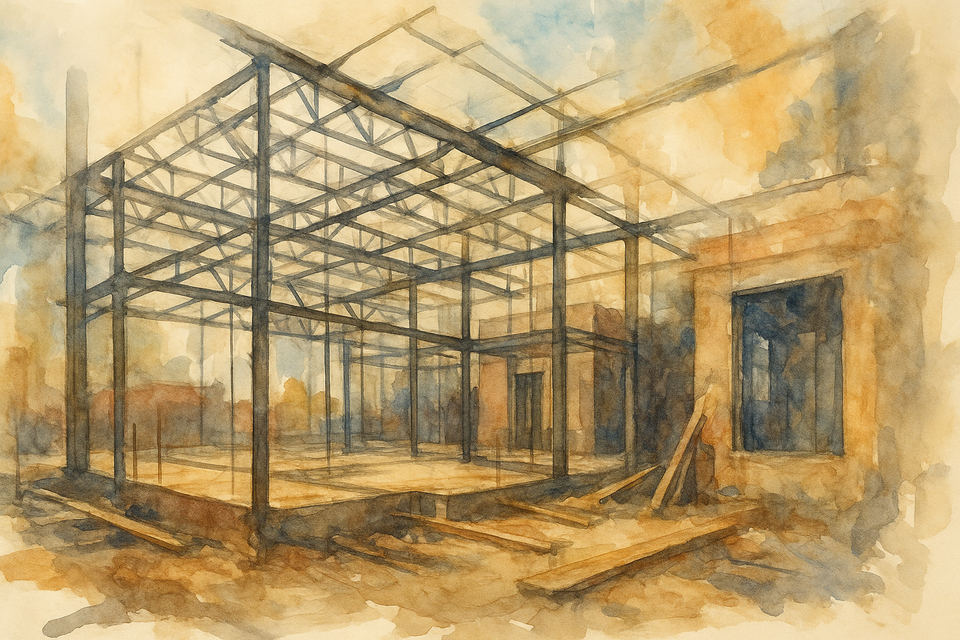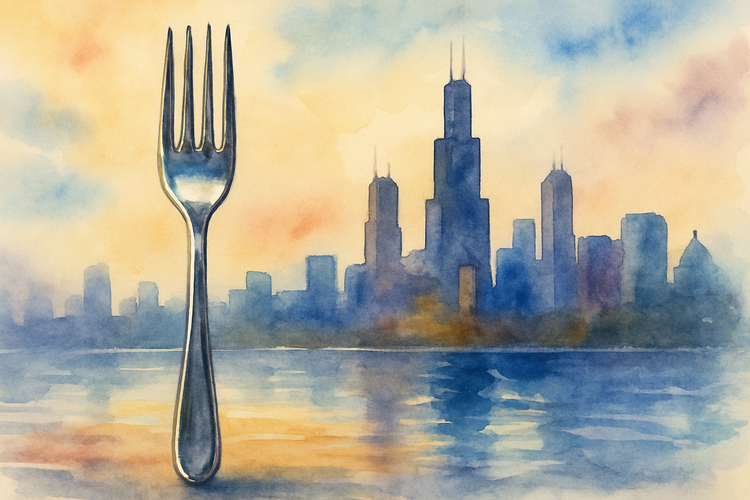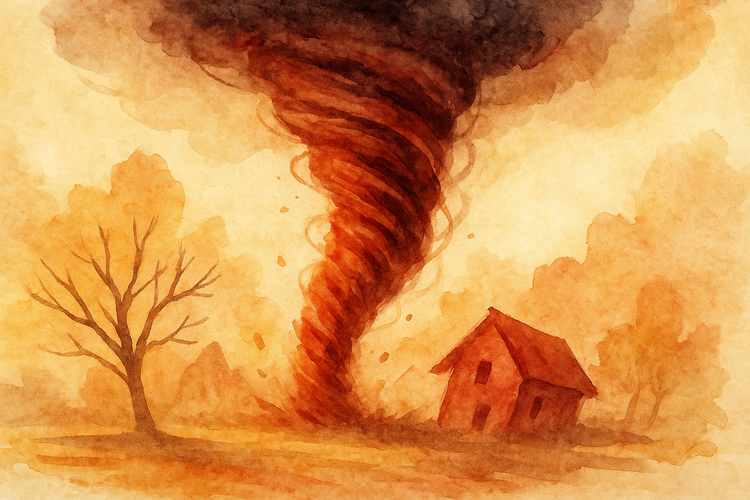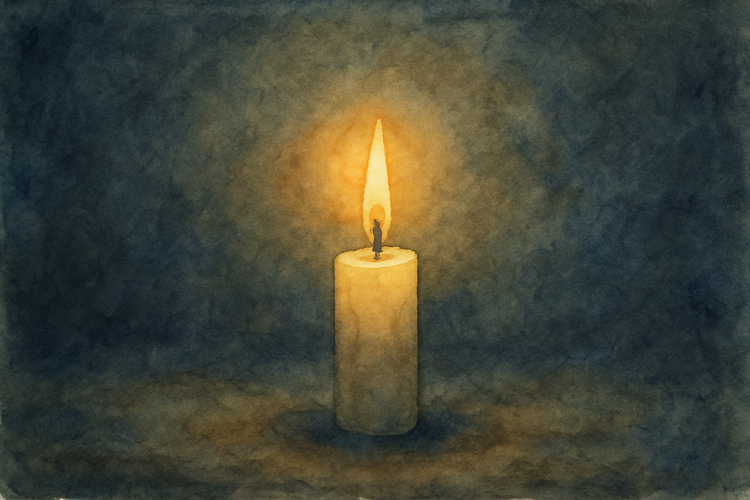The Bear S2E1 "Beef"

Spoilers ahead for Season 2 of The Bear.
Endings as Beginnings
The second season begins with endings. Marcus tends to his mother at home, the steady hum of hospital machines underscoring how fragile and finite life can be. Across town, the sign for The Beef comes down, a physical marker of an old life closing. In these twin images—care at a bedside and demolition on a street corner—the episode frames reinvention not as a clean break but as something threaded through loss. Purpose, the question Richie later gives voice to, is already haunting the edges of these scenes. What do you do when the structures that once held you—family, work, the daily rhythm of survival—are collapsing or transforming?
What follows those opening images is the practical reality of transition: the restaurant being stripped bare, the rhythms of daily labor giving way to blueprints and lists. In the absence of a working kitchen, everyone feels unmoored. The dismantling of The Beef is not just physical but communal—shared routines dissolve, the old center of gravity vanishes, and questions surface about what holds them together when the work itself is gone.
Richie’s Question
But it’s Richie who can’t let that silence sit. His question cuts through the dust and debris: does Carmy ever think about purpose? At first, Carmy seems ready to wave it away, the old reflex to keep moving, to avoid slowing down long enough for feelings to catch up. But then he reconsiders, sits with Richie, and gives the question its due. That pause is as meaningful as anything spoken. For Richie, who usually hides behind sarcasm and swagger, voicing his doubt is already an act of naked honesty; for Carmy, choosing not to deflect is its own kind of vulnerability. Their exchange shows how much their relationship has grown sturdier, less defined by tension than by a mutual willingness to be seen.
For Richie, this uncertainty feels heavier than for the others. Tina has a new role waiting for her, Natalie is being drawn toward leadership, and even Marcus—with his mother’s illness always on his mind—has a responsibility outside the kitchen that shapes his days. Richie, by contrast, has only the shop. His identity has always been bound up in its routines, its regulars, its mythology as the neighborhood’s beating heart. Without it, the armor he’s worn—sarcasm, bluster, authority—falls away. His question to Carmy isn’t abstract; it’s survival. To lose The Beef without finding something to replace it isn’t just change. It’s erasure.
Selling the Future
The personal questions of purpose are shadowed by the material ones. When Carmy and Syd present their business plan to Jimmy, they aren’t just asking for money—they’re selling a vision. Carmy overpromises on the timeline, claiming they can do the impossible in eighteen months, while Syd raises the stakes higher still by promising a Michelin Star. Their confidence is as much performance as conviction, an attempt to will the future into being. Jimmy doesn’t set the terms so much as weigh their gamble, and when he agrees, the risk becomes real. What’s at stake isn’t only the money but their credibility, their identities as chefs, and the fragile trust they’re asking Jimmy—and themselves—to extend.
Returning to the Work
Richie’s question lingers even after the conversation ends, and we see its echo in Carmy and Syd. Alone together, they admit they don’t know who they are without the work. For both of them, cooking has become more than a job—it’s the vessel that holds their sense of self. Naming that emptiness out loud is frightening, but also binding: each recognizes the other’s dependence, and in that solidarity they find the strength to keep going.
When the three of them return independently to the gutted restaurant, carrying their anxieties about identity, they converge on the same answer: move forward. The hyper-condensed construction schedule they sketch isn’t just a practical plan; it’s a defiant act of self-definition. Reinvention, however risky, becomes the only way to quiet the gnawing question of who they might be otherwise.
Reinvention as Survival
By the end of the episode, the contours of the season’s journey are clear. Reinvention is not a luxury but a necessity, demanded both by circumstance and by the hollowness each character feels when stripped of their work. Marcus tending to his mother, Richie naming his dread, Carmy and Syd confessing their dependence on the kitchen—all point to the same truth: purpose is fragile, and it must be rebuilt alongside the restaurant’s walls.
The gamble with Jimmy, the overpromises, the impossible schedule—these are less about business than about identity, about proving to themselves that they can transform without vanishing. In tearing down The Beef, they risk losing the only versions of themselves they’ve ever known. But in the gutted space—bare walls, exposed beams, dust still hanging in the air—they stake everything on the belief that rebuilding the restaurant might also mean rebuilding themselves.



Comments ()